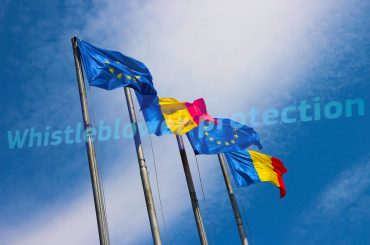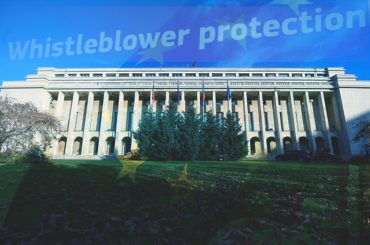Last week we dived into the implementation process of the whistleblowing requirements, presenting the key aspects of an internal reporting procedure. On this weekly whistleblowing Q&A, we will refer to possible resolutions of the internal reports.
First of all, the Whistleblowing EU Directive does not set up specific requirements on solving the internal reports, but this is covered in the Romanian draft laws. Unfortunately, there are some substantial differences in the two draft laws currently discussed in the Parliament. Therefore, we will describe the resolutions provided in both draft laws, pointing out the similarities and differences.
What will be the possible resolutions for internal reports?
In the matter of solving the report, both draft laws state that the procedure shall be closed when:
- the report does not contain the details required by the law other than the identification details of the whistleblower (i.e. the professional context in which the information was obtained, the description of the offense liable to constitute a breach of law, evidence supporting the reporting etc.), the designated person requested the whistleblower to complete the report, but the whistleblower failed to do so within 15 days;
- the report has been sent anonymously and it does not contain sufficient information on the law breach, in order for the report to be able to be analyzed and solved. Also, although the designated person has tried to complete the missing information, this was not possible within 15 days.
In addition, the draft law initiated by the Government states that the procedure can also be closed if the designated person decides, after examining the report, that it is clearly a minor violation and does not require additional follow-up actions, other than the closure of the procedure. This may lead to quite a subjective decision, at the discretion of the designated person. Therefore, it is advisable that such a decision is thoroughly documented and justified to the whistleblower, bearing in mind that the whistleblower almost always has the option to advance to an external reporting.
As regards other resolutions to the internal reports, mainly taking certain actions, this remains to be determined on a case-by-case basis by the designated person and is not covered by the draft laws.
However, the other draft law under discussion in the Parliament states that the reports may also be solved: by referring the matter to the management bodies of the legal entity in respect of which the warning has been given, as appropriate, to the competent institutions, offices or agencies, with a view to taking appropriate action or carrying out in-depth investigations, where the information contained in the report draws on their competence.
Although the wording is quite unfortunate, depending on the ‘situation’ reported, the employees/designated persons/company may even have an obligation to notify certain authorities (e.g. data protection authorities, criminal authorities, other regulation authorities).
As regards notifying the management bodies, when drafting the whistleblowing procedure, companies should ensure that they cover the situation when the whistleblower has reported actions of members of the management bodies.
| White Collar Compliance & Defense Team | |
|---|---|
 |
 |
 |
 |





